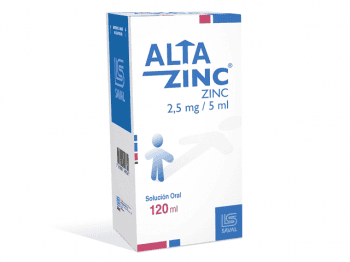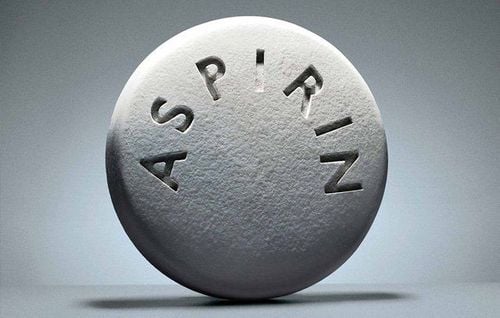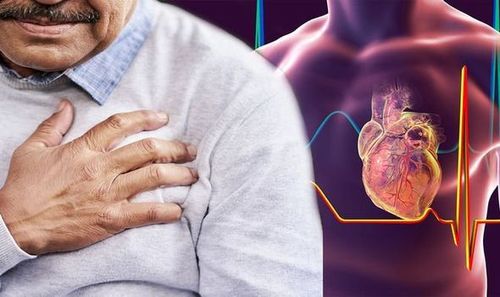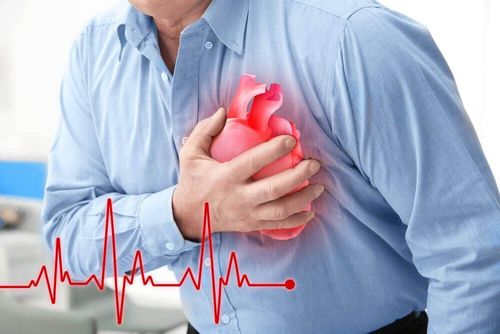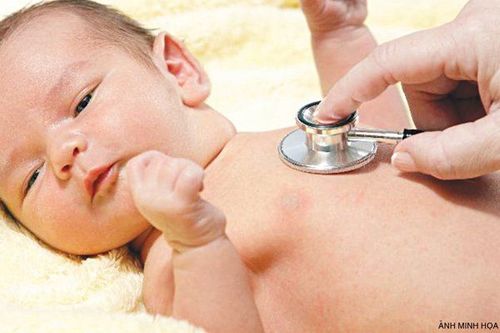This is an automatically translated article.
The article is professionally consulted by Master, Doctor Cao Thanh Tam - Cardiologist - Cardiovascular Center - Vinmec Central Park International General Hospital.
Myocardial ischemia is a dangerous disease and can leave many complications that directly affect human health. Therefore, early recognition of the signs of myocardial ischemia will help patients have timely examination and treatment.
1. Signs of myocardial ischemia
Angina is considered a typical and common symptom of myocardial ischemia. Initially, the pain usually starts in the left chest, then can spread to the neck, shoulder, left arm, jaw.
Depending on the disease condition, the symptoms of ischemic heart disease angina pectoris can be different and are classified into stable and unstable pain, specifically:
Stable pain: When the patient is exerted, it increases myocardial oxygen demand, stable angina occurs. After resting or taking a vasodilator, the pain may decrease. Unstable pain: When sleeping or at rest, pain that persists and does not subside after taking a vasodilator is called unstable. When unstable angina occurs, the patient is at greater risk because it can lead to a heart attack. In addition to angina, there are also signs of myocardial ischemia that can help early warning of the disease such as:
Sudden feeling tired for no reason, unable to perform normal activities and work. Indigestion, flatulence, abdominal distension. Restlessness, nervousness, heart palpitations. Shortness of breath, shortness of breath, this condition increases when the patient is active or anxious. Difficulty sleeping, restless sleep, often seen in patients with severe stage or has led to heart failure complications. Pulmonary edema or swelling of the extremities due to fluid accumulation in the body.

These signs are signs of silent myocardial ischemia that are easy to be confused or overlooked, often seen in patient cases such as:
Frequent stress, anxiety, stress High blood pressure or diabetes Chronic Women or elderly People with high pain threshold
2. What will happen if the signs of myocardial ischemia are not recognized promptly?
Symptoms of myocardial ischemia, when the disease is advanced, will seriously affect mental and physical health with signs such as:
Frequent insomnia, difficulty sleeping, not sleeping well, or anxiety, restlessness with Increasing levels can be a warning sign of possible impending myocardial ischemia. Accompanied by angina attacks is pain in the jaw, neck, shoulders, and arms characterized by numbness, itching, swelling. Sudden cold sweats, nausea, dizziness, dizziness, cognitive impairment, nausea, vomiting, abdominal distension, flatulence. Failure to promptly recognize the above-mentioned signs of myocardial ischemia for treatment, the disease can lead to dangerous complications such as: arrhythmia, myocardial infarction, heart failure

3. How to prevent myocardial ischemia?
Identify the symptoms of myocardial ischemia to help patients avoid dangerous complications by:
Using drugs to treat atherosclerotic diseases, high blood pressure, diabetes, dyslipidemia, etc. .. Avoid eating foods that are too salty and high in cholesterol such as processed foods, fast foods, fried foods, etc. Eat a lot of foods rich in fiber such as green vegetables, fruits. Do not use stimulants such as smoking, drinking alcohol, beer. Exercise at least 30 minutes/day and at least 5 days/week. Reduce anxiety, stress, stress. Early recognition of signs of myocardial ischemia helps prevent disease progression and timely treatment, avoiding dangerous cardiovascular complications.
To protect heart health in general and detect early signs of ischemic heart disease, customers can sign up for Cardiovascular Screening Package - Basic Cardiovascular Examination of Vinmec International General Hospital. The examination package helps to detect cardiovascular problems at the earliest through tests and modern imaging methods. The package is for all ages, genders and is especially essential for people with risk factors for cardiovascular disease.

Please dial HOTLINE for more information or register for an appointment HERE. Download MyVinmec app to make appointments faster and to manage your bookings easily.





